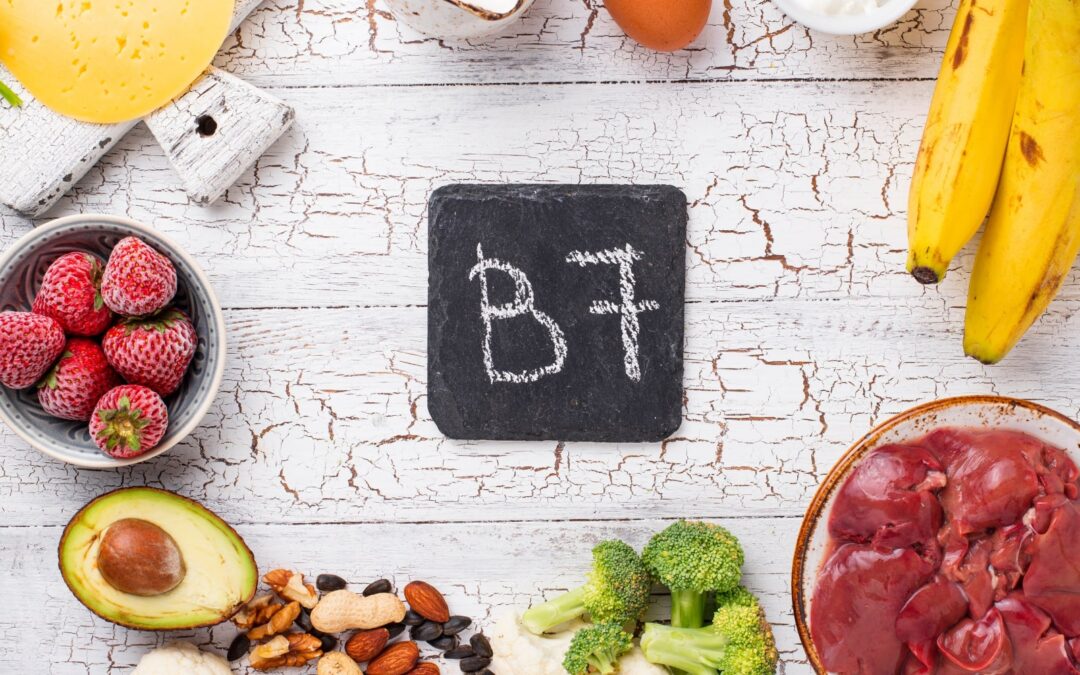Vitamin H, better known as Biotin, is one of the water-soluble B-vitamins (B7). It is a necessary for a number of different functions including cell growth, healthy skin, hairs and nails, and to maintain a well-functioning neuromuscular system. Other roles include the metabolism of amino acids, carbohydrates and fats into energy.
One of the greatest advantages of biotin is that it has been shown to increase glucose tolerance and reduce insulin resistance, which is helpful for those with Type 2 diabetes. In studies performed on adults with Type 2 diabetes, supplementation with biotin reduced blood sugar levels by half.
Though biotin can’t be absorbed topically through either the hair or skin (making shampoos and cosmetics ineffective), taking biotin supplements is very effective. Biotin is produced naturally by your body’s own intestinal bacteria (another reason to consider adding probiotic supplements or yogurt). An insufficient amount is common. Particularly high-risk groups include those drinking excessive alcohol, smoking cigarettes or eating raw eggs.
One of the best sources of biotin is egg yolks (cooked eggs only). Avidin, a glycoprotein found only in raw eggs, will bind to biotin and prevent absorption. Other dietary sources of biotin are Swiss chard, liver, tomatoes, carrots, yeast and soy.
Common symptoms of biotin deficiency include thinning of the hair (often with loss of hair color), and red scaly rash around the eyes, nose, and mouth. Other symptoms include depression, listlessness, hallucinations, and tingling in the arms and legs. Additional signs/symptoms include seborrheic dermatitis, cradle cap in infants (with the characteristic pale yellow or white crusty growth on the scalp), brittle nails, lack of muscle tone, lack of coordination, and muscle pain. Biotin may also be indicated in peripheral neuropathy and Parkinson’s disease.
It is especially important that pregnant women get sufficient amounts of biotin due to rapid breakdown. Therefore, deficiency in the first and third trimesters is relatively common. My biotin supplement recommendation is 300 mcg per day based on available research. There is no known toxicity given the water-soluble nature of all B vitamins, and you may be interested to note that most “mainstream” supplements are severely lacking in this crucial nutrient (usually all B vitamins). Check your multivitamin to find out if you may be missing out on the benefits of this important nutrient!

